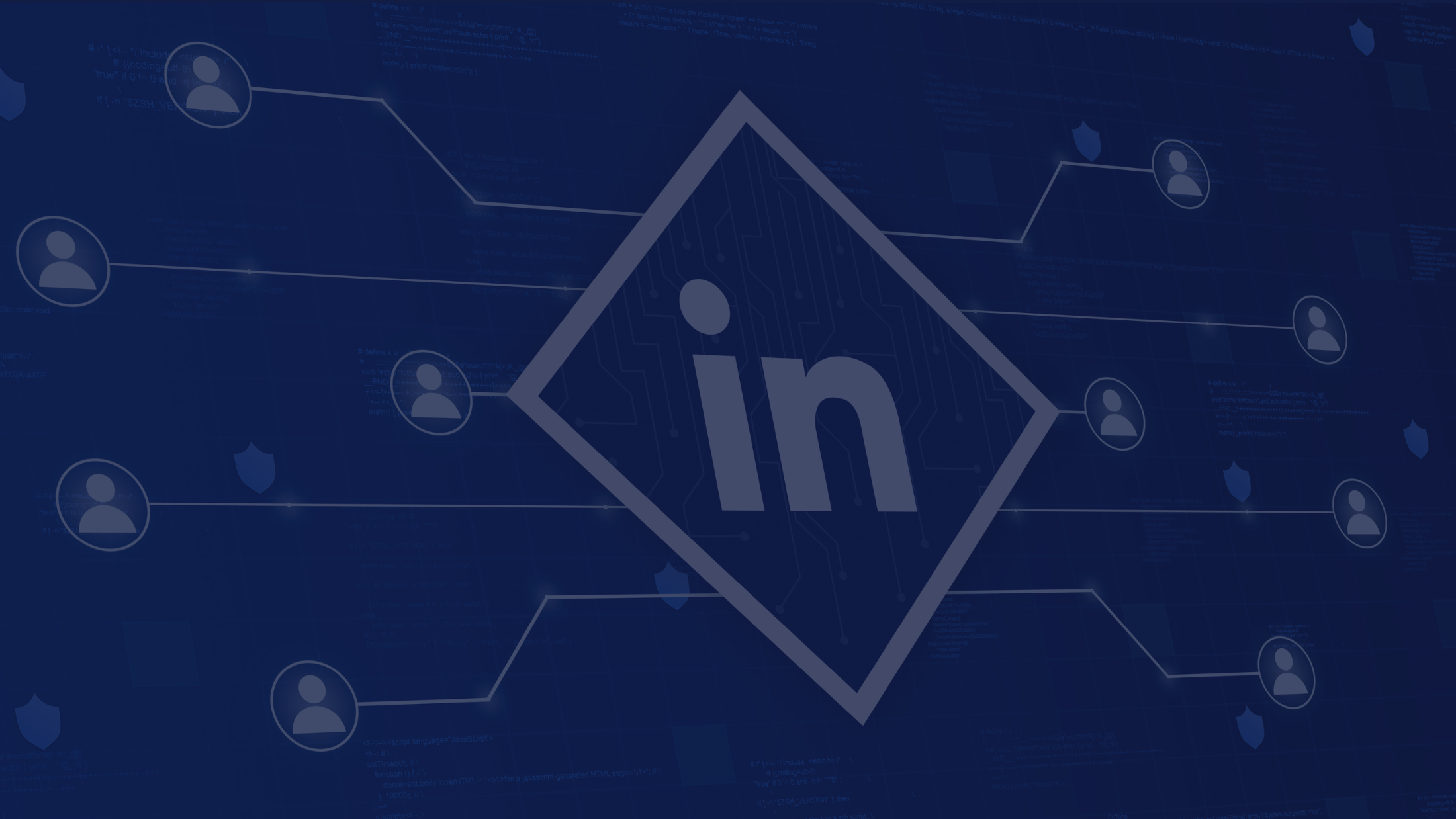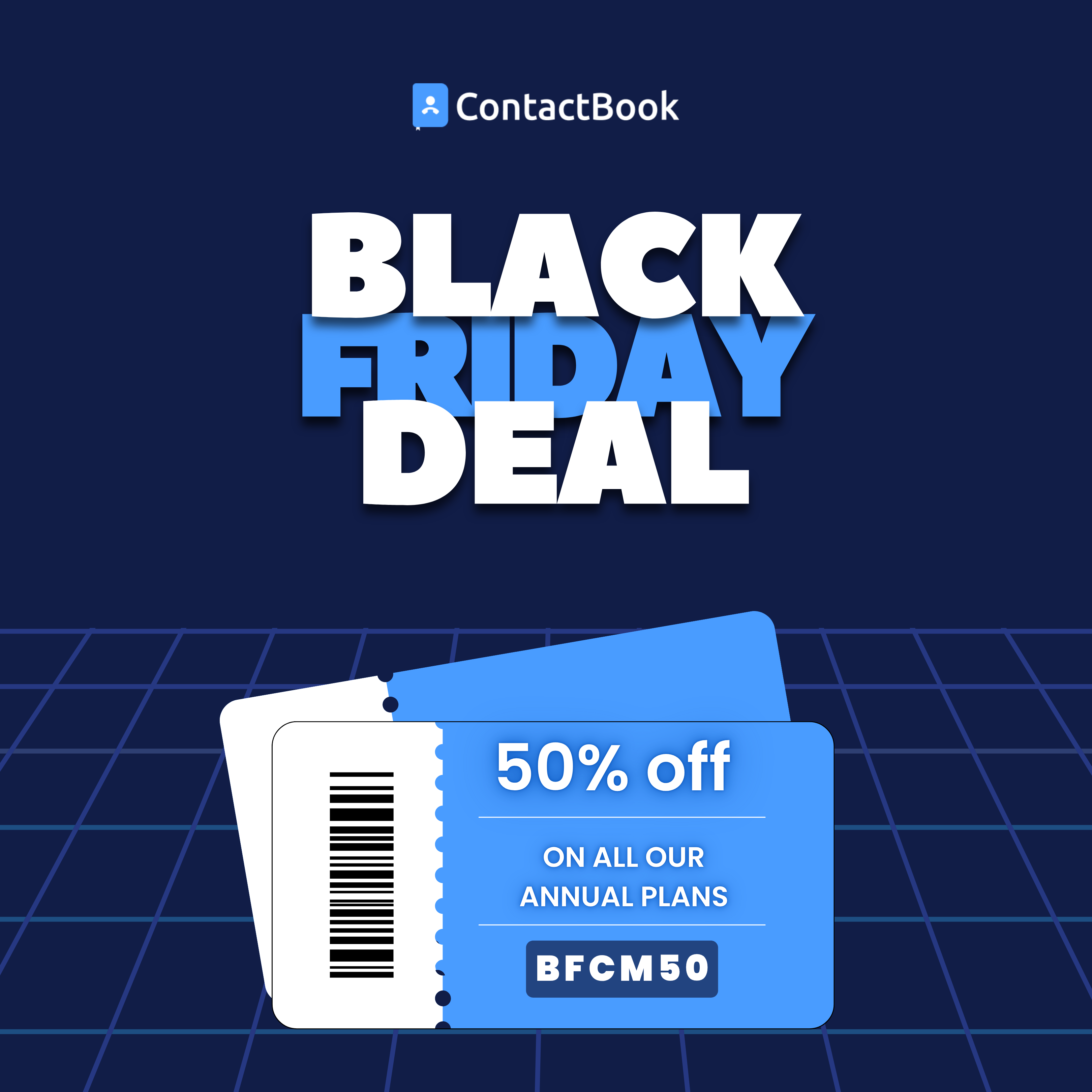Using Contact Management Software for Media Agency


The media industry is one of the most dynamic and rapidly evolving sectors in the business world today. With the advent of new technologies and the proliferation of digital media channels, media agencies face unique challenges in managing client relationships, campaigns, and audiences. Effective communication and collaboration have never been more critical for media agencies to succeed in this highly competitive environment.
But with large volumes of contacts to manage and constantly changing media consumption patterns, traditional methods of contact management are no longer sufficient.
This is where contact management software comes in. Contact management software has become an indispensable tool for media agencies in managing contacts and streamlining communication and collaboration across teams.
Let's have a closer look at how contact management systems can help media and advertising agencies streamline the contact management process.
The changing landscape of media agencies
Evolving role of media agencies in today's digital age
Today, media agencies are no longer just intermediaries between brands and traditional media outlets. They now deal with navigating a complex landscape of social media platforms, digital ad networks, media planning, and execution and are working closely with clients to create tailored campaigns that reach the right audiences through multiple channels.
Changing dynamics of media consumption and audience
With the rise of social media, mobile devices, and streaming services, the way people consume media has changed dramatically. As media consumption patterns continue to evolve in the digital age, so do the roles and responsibilities of media agencies. This has created new challenges in terms of reaching audiences through the right channels and delivering content that resonates with them.
Engagement audiences are no longer passive consumers of media - they're actively engaging with content and demanding personalized experiences. Media agencies need to be able to understand these dynamics, adapt to them and create campaigns quickly and efficiently.
Challenges of managing large volumes of contacts
Media agencies need to manage a large database of contacts - from clients and potential clients to vendors, partners, and media outlets. Keeping track of all these industry contacts manually can be complex, especially when using manual methods of contact management.
They are prone to errors, difficult to keep updated, and don't allow for efficient collaboration and sharing of information that modern contact management software can.
Missed opportunities and lost revenue
Using manual methods of contact management can lead to missed opportunities and lost revenue. For example, if a media agency doesn't have a way to easily track, organize, and segment contacts, it may miss out on potential business opportunities to reach specific audiences. Similarly, if a media agency fails to follow up with a potential client, it may lose out to a competitor.
Challenges in managing client relationships and campaigns
Media agencies need to build and maintain strong relationships with clients to retain business and win new possibilities. This can be challenging, especially when managing multiple clients and campaigns at once. For example, they need to ensure that they are meeting the client's expectations, delivering results, and staying within budget. Moreover, they also need to be able to communicate effectively with clients and collaborate with team members to ensure the success of campaigns.
The need for agile and adaptable media strategies
The rise of digital media has created new opportunities for media agencies, but it has also created new challenges. Media agencies need to be able to quickly adapt to changing trends and audience behavior. This makes it crucial for agencies to adopt agile and adaptable media strategies. This requires efficient communication and collaboration, as well as the ability to collect, organize and analyze contact data in real time.
The power of contact management software
Contact management software proves to be an incredibly powerful tool for media agencies since it provides them with a centralized contact management platform to store, organize, and access their contacts.
Let's take a closer look at how media agencies leverage such tools to streamline contact management:
Centralized contact management
Contact management software enables media agencies to have a centralized database of all their contacts, eliminating the need for scattered records across different spreadsheets or email accounts. This centralized approach helps ensure that all staff members have access to the same updated information, facilitating better collaboration and reducing the risk of errors. Additionally, a centralized contact database also helps agencies to manage their contacts in a more organized and efficient manner.
Contact segmentation and targeting
Effective media campaigns require targeting the right audience, and contact management software allows media agencies to segment their contacts based on various criteria such as demographics, location, interests, and behavior. This segmentation can help media agencies to tailor their campaigns to specific groups, improving their chances of success.
Sorting and filtering contacts
Contact management software allows media agencies to sort and filter their contacts based on various criteria, including name, email address, phone number, or any custom field. This makes it easy to find specific contacts, filter out irrelevant ones, and organize contacts according to specific campaigns, events, or projects.
Access to updated contact information
One of the most significant benefits of using contact management tool is that it keeps all contact information up to date. Whenever a team member updates any contact, the changes take place in real-time, ensuring that everyone has access to the latest information. This feature can save media agencies time and prevent missed opportunities that might arise from outdated information.
Recording communication history
Contact management software allows media agencies to record communication history with each contact by including notes about previous conversations or interactions. This can help staff members to stay informed and up to date on the status of each contact, facilitating better collaboration and reducing the risk of miscommunication.
Scheduling follow-up activities
Effective follow-up is a crucial component of successful media campaigns, and contact management software helps media agencies to schedule follow-up activities and reminders for specific contacts or groups. This feature can help staff members to stay organized and ensure that no leads fall through the cracks.
Streamlining workflows and collaboration
Contact management software allows media agencies to share contacts with team members, vendors, or clients, facilitating better collaboration and streamlining workflows. This can help reduce duplication of effort and prevent confusion, ensuring that everyone has access to the same updated information.
Sharing Information and resources
Contact management software allows media agencies to share information and resources with team members by attaching files such as documents, images, or videos. This feature can help streamline marketing efforts and ensure that everyone has access to the necessary information required to strategize and execute media campaigns.
Introducing ContactBook - The best contact management software for media agencies
ContactBook for media and advertising agencies is one such tool that enables media professionals with all the required features and smoothens the contact management process. It simplifies daily media operations by storing all contacts in one place, enabling media planners to plan, organize, execute, and centralize their outreach efforts and campaigns.
Media agencies that use ContactBook can enjoy a wide range of benefits, such as:
Centralized contact management: With ContactBook, media agencies can keep track of all their contacts, including clients, media vendors, and partners in one place. This means that they don't have to search through multiple platforms or ask their colleagues for contact details. This allows media professionals to access the contact information they need with just a few clicks, streamlining the entire contact management process.
Organize contacts into groups: ContactBook makes it easy to organize contacts into relevant groups based on categories like clients' industries, interests, influencers, engagement history, and more. This feature enables media professionals to find the right clients for the right pitch quickly.
Share contacts with the team: ContactBook's collaboration features make it easy for media professionals to work together more effectively. Media agencies can share contacts or groups of contacts with their team while assigning permissions. This ensures that the right team member has access to the right information, reducing confusion and mistakes.
Add documents as attachments: With ContactBook, media professionals can add important media-related documents like media kits and press releases as attachments to contacts. Keeping these documents shared with team members helps streamline the process, as media professionals can access all the information they need in one place.
Scheduling with reminders: Media and advertising agencies are fast-paced, and missing an important event or campaign deadline can be costly. ContactBook simplifies the process of scheduling events, campaigns, and follow-ups with reminders. This feature helps media professionals stay on top of their schedules and never miss an important deadline.
Shared notes: Using ContactBook, media professionals can add notes about a client's preferences, past campaigns, and other essential details and keep them shared with team members. This ensures that everyone has access to the same information and can make informed decisions based on a shared evaluation.
If you're tired of using complicated CRM systems designed for media and advertising agencies, then it's time to switch to ContactBook. By using this simple contact management software, media agencies can enjoy the benefits of a smoother, more streamlined operation. Why don't you take a free trial and experience it yourself?
FAQs
Q. How does contact management software help media agencies with client acquisition?
A. Contact management software can help media agencies with client acquisition by providing a centralized database of potential clients and prospects. With detailed information on these individuals and organizations, media agencies can target their outreach efforts more effectively and improve their chances of securing new business.
Q. How does contact management software help media agencies with relationship management?
A. Contact management software helps media agencies with relationship management by providing a detailed record of client interactions and engagement. This allows media agencies to track and analyze the effectiveness of their communication efforts, identify areas for improvement, and develop personalized outreach strategies that strengthen client relationships.
Q. How secure is contact management software in protecting client information?
A. Contact management software providers typically have security measures in place to protect sensitive client information. Additionally, many contact management software providers are compliant with privacy regulations such as GDPR and CCPA. Media agencies should research and choose a reputable software provider with a strong track record of security and compliance.
Q. Can contact management software help media agencies with team collaboration?
A. Yes, contact management software can help media agencies with team collaboration by allowing multiple team members to access and update client and prospect information in real time. This can improve communication and coordination among team members, resulting in more efficient workflows and better outcomes.



.png)










